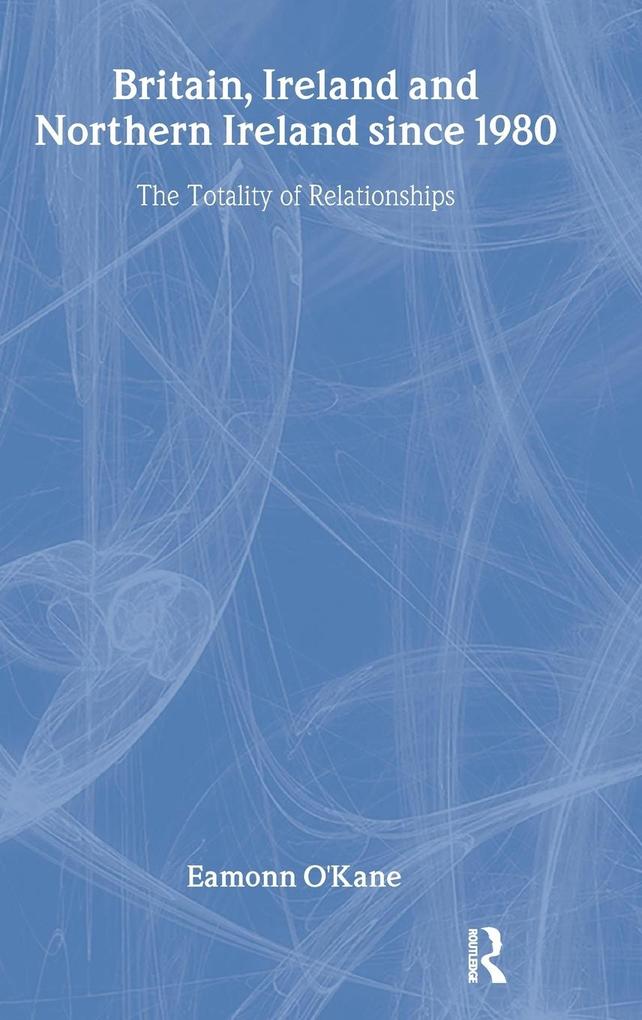
Zustellung: Do, 10.07. - Mo, 14.07.
Versand in 7 Tagen
VersandkostenfreiBestellen & in Filiale abholen:
This book provides an in-depth analysis of the co-operation between Britain and Ireland and the role that intergovernmental co-operation has played in the quest for a solution to the Northern Ireland conflict.
Inhaltsverzeichnis
1. Introduction 2. 1980-1983: New Planes and False Dawns 3. The Anglo-Irish Agreement: Institutionalising Co-Operation 4. The AIA in Operation 5. The Origins of the Peace Process: From Exclusion to Inclusion 6. Constructing a Peace Process: From Downing Street to Belfast 7. Northern Ireland Post Good Friday 8. Conclusion
Produktdetails
Erscheinungsdatum
09. August 2007
Sprache
englisch
Seitenanzahl
224
Autor/Autorin
Eamonn O'Kane
Verlag/Hersteller
Produktart
gebunden
Gewicht
505 g
Größe (L/B/H)
240/161/17 mm
ISBN
9780415365451
Entdecken Sie mehr
Bewertungen
0 Bewertungen
Es wurden noch keine Bewertungen abgegeben. Schreiben Sie die erste Bewertung zu "Britain, Ireland and Northern Ireland since 1980" und helfen Sie damit anderen bei der Kaufentscheidung.










